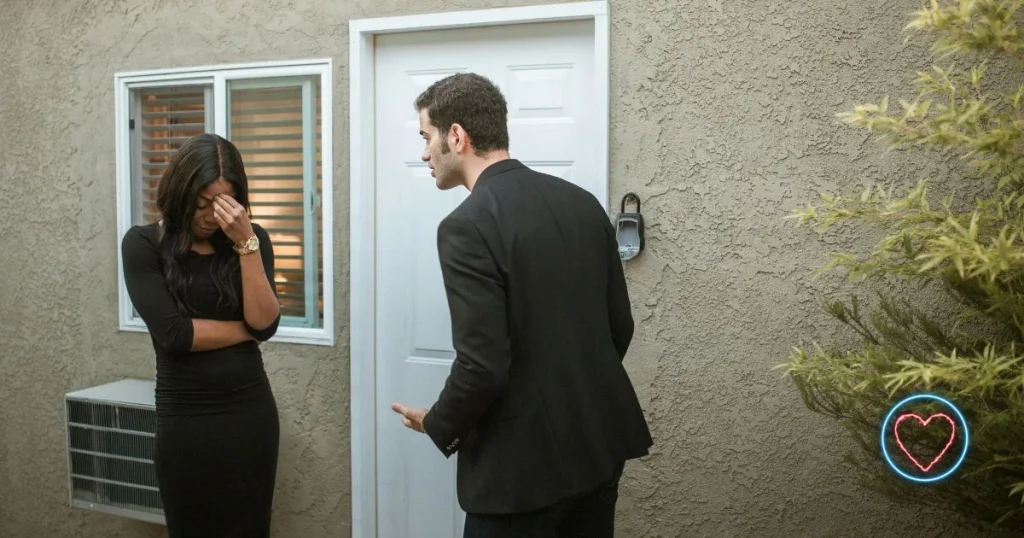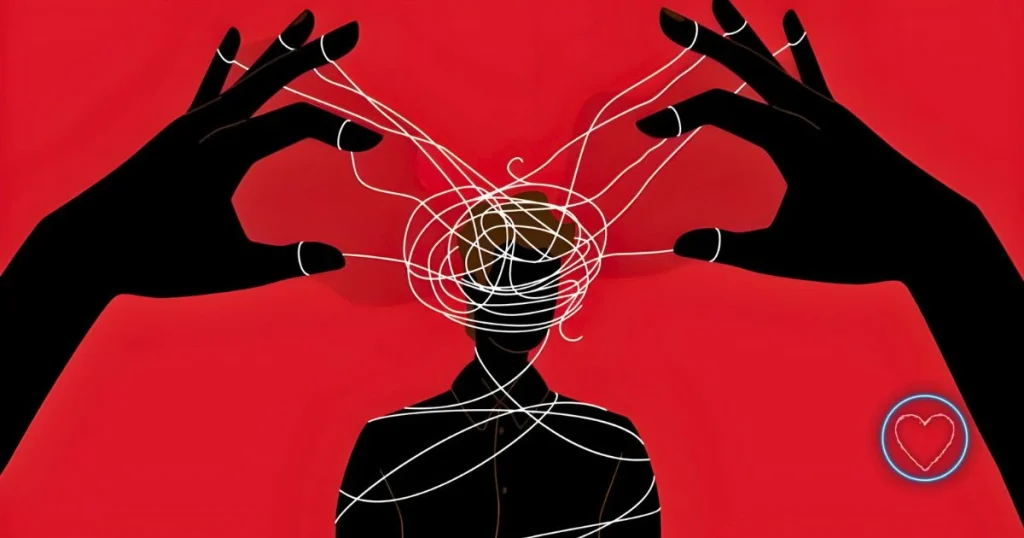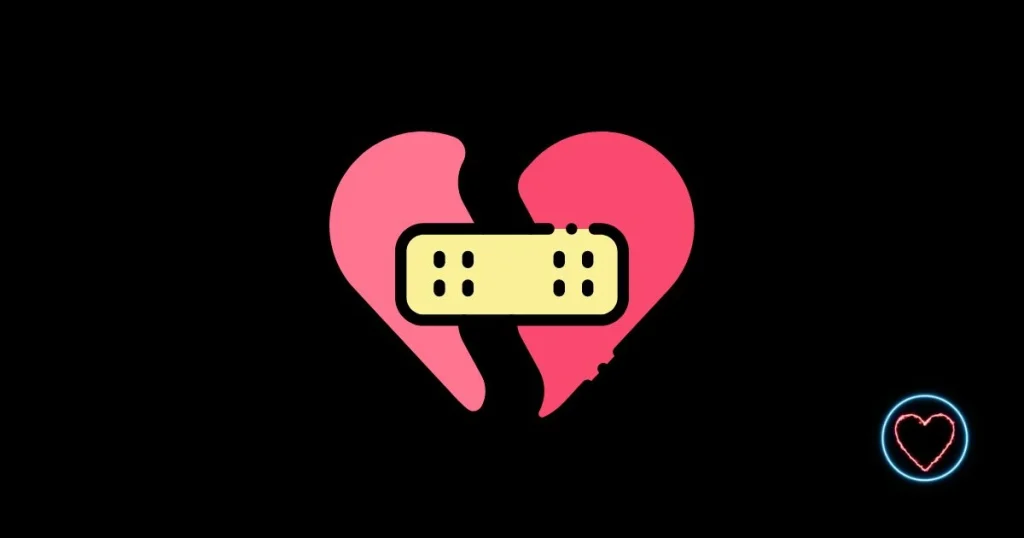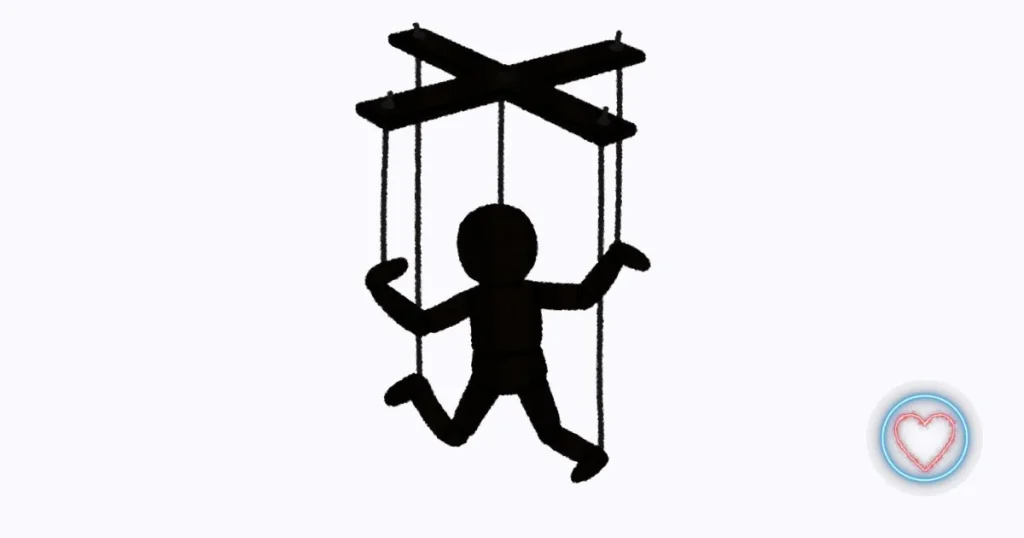Gaslighting is one of the most insidious forms of emotional abuse. It doesn’t leave physical scars, but its psychological effects can be devastating. Often masked as concern, humor, or logic, gaslighting undermines your reality and erodes your sense of self. While the term has gained mainstream recognition, many people still fail to identify it in their daily lives or relationships.
Emotional gaslighting is particularly dangerous because it makes you question your memories, feelings, and even your sanity. If you find yourself constantly doubting your perception of reality, there’s a chance you’re being emotionally gaslighted.
Here are 20 signs to help you recognize it before it damages your mental and emotional well-being.
1. They Make You Question Your Reality
Gaslighters often insist, “That never happened,” even when you clearly remember it. Over time, this erodes your confidence in your own memory and intuition. You start to rely on them for what’s “real,” which is exactly what they want.
2. They Dismiss Your Feelings as Overreactions
Whenever you express hurt, anger, or concern, you’re told you’re being “too sensitive,” “dramatic,” or “emotional.” These statements are designed to invalidate your emotions and paint you as irrational.
3. You Constantly Apologize
You say “I’m sorry” all the time—even when you’re not at fault. Gaslighters flip the script so often that you begin to believe every conflict is your fault, even when it’s clearly not.
4. They Twist Your Words
You say one thing, and somehow they turn it into something completely different. This tactic is used to confuse you and put you on the defensive, making you second-guess your own communication.
5. They Use Your Insecurities Against You
A gaslighter will gather information about your fears and vulnerabilities and use them as weapons. If you confided in them about body image issues or past trauma, those topics will later be used to belittle or manipulate you.
6. You Feel Like You’re “Walking on Eggshells”
You’re constantly anxious, anticipating their reactions and adjusting your behavior to avoid conflict. This is a major red flag. Healthy relationships should feel safe, not stressful.
7. They Lie with Confidence
Even when caught red-handed, gaslighters lie with such conviction that you begin to doubt your eyes and ears. The lies aren’t just about big issues—they’re often about the small stuff to keep you off balance.
8. They Deny Things They Said Minutes Ago
They’ll claim they never said something—even if they just said it. This denial tactic messes with your memory and makes you unsure of what’s real. Over time, you stop trusting yourself.
9. They Call You “Crazy” or “Paranoid”
If you bring up a valid concern, they accuse you of being mentally unstable. This label is thrown around to discredit your perceptions and keep you silent.
10. They Play the Victim
Gaslighters are experts at flipping the script. If you confront them, they’ll say you’re the one hurting them. Suddenly, you’re the aggressor, and they’re the innocent party.
11. They Minimize Your Achievements
They downplay your accomplishments or act unimpressed to keep you feeling small and dependent. This prevents you from developing confidence or independence.
12. You Struggle to Make Simple Decisions
Gaslighting erodes your decision-making ability. Since you’re constantly being told your thoughts are flawed, you start to doubt your choices—even for minor things like what to eat or wear.
13. They Use “Love” as Leverage
They say things like “I’m only doing this because I love you” after manipulating or hurting you. This manipulative use of love distorts the meaning of affection and keeps you trapped.
14. They Isolate You from Others
Gaslighters often work to distance you from friends or family who might see through their behavior. They may claim others are “toxic,” “jealous,” or “don’t understand us.”
15. They Rewrite History
They retell past events in a way that paints them in a better light or makes you look irrational. When you try to correct them, they insist their version is the truth.
16. They Blame You for Their Bad Behavior
They’ll say, “If you hadn’t done this, I wouldn’t have reacted that way.” They refuse to take responsibility and make you feel like you deserve mistreatment.
17. You Begin to Second-Guess Everything
From your memory to your instincts to your worth—everything is in question. You feel lost in your own mind, unsure of what’s true and what’s manipulation.
18. They Give You the Silent Treatment as Punishment
Instead of discussing issues, they ignore you to punish and control. This makes you feel invisible and desperate to regain their attention—often by conceding to their demands.
19. You Feel Emotionally Drained
After interactions, you feel confused, exhausted, or guilty. These are emotional aftershocks of manipulation and a key sign you’re not in a healthy relationship.
20. You’re Not the Same Person Anymore
You’ve become quieter, less confident, and unsure of your own identity. You no longer feel like yourself—and that’s because emotional gaslighting has slowly reshaped your personality.
Why People Don’t Realize It’s Happening
Gaslighting doesn’t happen all at once. It’s a gradual process. At first, it can even look like love, concern, or protection. That’s what makes it so dangerous.
It often starts with subtle invalidation and escalates to full-on manipulation. Victims often think they’re just having relationship problems, not realizing the entire dynamic is rigged to erode their reality.
What to Do If You Recognize These Signs
If this list resonates with you, here are some first steps to take:
1. Trust Your Instincts
If something feels off, don’t dismiss that feeling. Gaslighting thrives on self-doubt.
2. Document Interactions
Keep a journal or record events to help reinforce your memory and gain clarity over time.
3. Talk to a Trusted Friend or Therapist
An outside perspective is crucial. People removed from the situation can help you see the manipulation clearly.
4. Establish Boundaries
Start saying “no” and sticking to your limits. Observe how they respond—often, gaslighters react strongly when control is threatened.
5. Consider Leaving the Relationship
If the gaslighting is severe and ongoing, it may be emotionally healthier to walk away. Your mental well-being must be the top priority.
Final Thoughts: Reclaiming Your Reality
Gaslighting is not just harmful—it’s a theft of your reality. But the good news is: once you start recognizing it, you can take back control. Awareness is the first step toward freedom. You deserve to live in a world where your thoughts, feelings, and experiences are respected.
Emotional abuse hides in the shadows of relationships. Let this article be your flashlight.




















